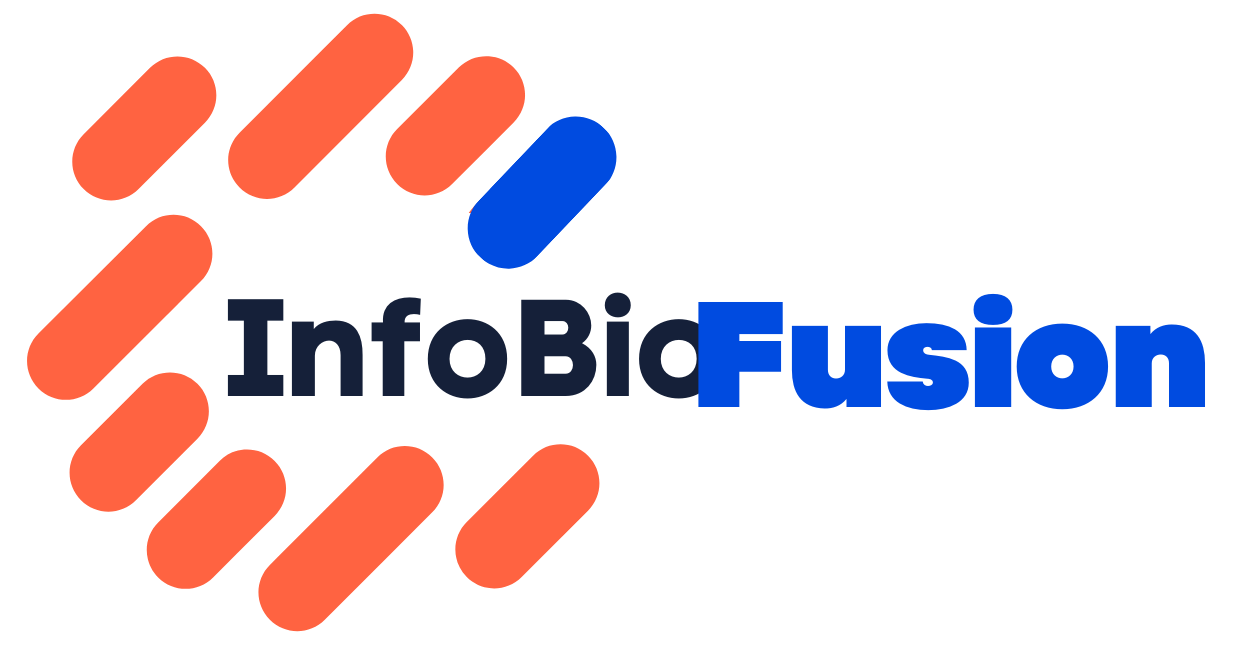
The evolutionary pace of digital marketing is increasing exponentially, and the landscape in 2025 offers new encounters and potential for small enterprise owners. Staying ahead of these trends is crucial in keeping your business relevant, increasing consumer interaction, and boosting sales. Here are six practical strategies to help your small business succeed in the ever-changing digital arena.
1. Make the Most of AI and Automation for Client Engagement
The era of treating artificial intelligence and automation as simple trends has passed; they are now essential instruments for businesses aiming to scale up personalised client experiences. AI-powered chatbots and marketing automation software are technologies that can expedite responses, offer immediate support, and interact with customers around the clock. For small business owners, adopting AI solutions can lead to significant time-saving and considerable enhancement of client satisfaction.
User-friendly tools like HubSpot and ChatGPT help in automating workflows or fostering meaningful interaction with potential customers. Investing in such tools for tasks like automatic follow-up emails or immediate customer query resolution can help build robust relationships while freeing you up for more important tasks.
2. Develop Highly Personalised Content
The virtual world is even more saturated now, and standard messages will not pique your audience’s interest. To carve out a niche in 2025, it’s important to prioritise highly personalised strategies at every consumer touchpoint.
This goes beyond personalising emails with the recipient’s name. Utilise information from consumer behaviours, preferences, and past interactions to design bespoke campaigns. For example, Mailchimp and Klaviyo offer features to segment your audience and deliver content they are truly interested in, from product suggestions to blog posts or special deals.
Furthermore, storytelling has a significant role to play. Sharing genuine stories that your audience appreciates builds trust and maintains their interest in your brand.
3. Master the Universe of Social Commerce
Social commerce, or selling directly through platforms like Instagram, Facebook, and TikTok, is gaining more ground. This trend is blurring the boundaries between social media and e-commerce, offering new ways for small businesses to interact with their customers.
Having an active presence across these platforms is crucial. Focus on captivating product visuals, engaging short-form video content, and interactive stories to grab attention. Teaming up with influencers who align with your brand’s values can help amplify your online visibility and credibility.
Social media is not just a promotional tool; it’s a digital storefront. Features like Instagram’s Shopping tab make it easier for customers to buy directly from their feeds, thereby increasing spontaneous purchase opportunities.
4. Embrace Sustainable and Ethical Approaches
The consumers of 2025 are more conscious about the brands they support. Practices that are ethical and sustainable are no longer a choice—they’re a necessity. Small businesses that integrate eco-friendly messages and socially responsible values can earn the lasting loyalty of this expanding audience.
Start by sharing the principles behind your brand, such as sourcing sustainable materials, reducing carbon emissions, or contributing to certain causes. Authenticity in your actions builds credibility, so ensure your marketing goes beyond the superficial. Transparently share updates about your company’s initiatives to earn the trust of potential and existing customers who value honesty.
5. Optimise for Voice Search
Voice assistants like Alexa, Google Assistant, and Siri are changing how people search online. Optimising your website for voice search becomes essential in 2025 as more users depend on conversational queries for information. Those feeling over their heads can contact King Kong and other reliable services.
Start by refining your SEO strategy to focus on long, conversational keywords. Rather than targeting “coffee shop near me,” optimise for question-like queries such as “Where can I find the top-quality coffee shop in Melbourne CBD?”. Adding an FAQ section to your website can further address these spoken-style queries.
Speed and mobile compatibility are also vital. Voice searches often occur while users are mobile, so ensure your site loads quickly and is mobile-friendly to capture this audience.
6. Invest in Interactive Experiences
Immersive and interactive digital experiences are key for brands aiming to establish deeper customer relationships. From AR-enabled product previews to engaging quizzes and polls, creating opportunities for customers to actively interact with your business online fosters loyalty and repeated engagement.
For instance, retail-oriented small businesses can benefit from augmented reality, allowing customers to virtually “try on” clothes or envision how furniture would look in their living room. Tools like 360-degree virtual tours or interactive live streams are compelling ways to personalise and capture your audience’s interest.
These experiences do more than just attract customers—they create memorable moments that outlast static content, setting your business apart from the competition.
